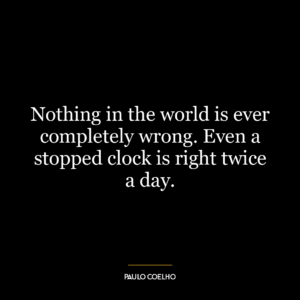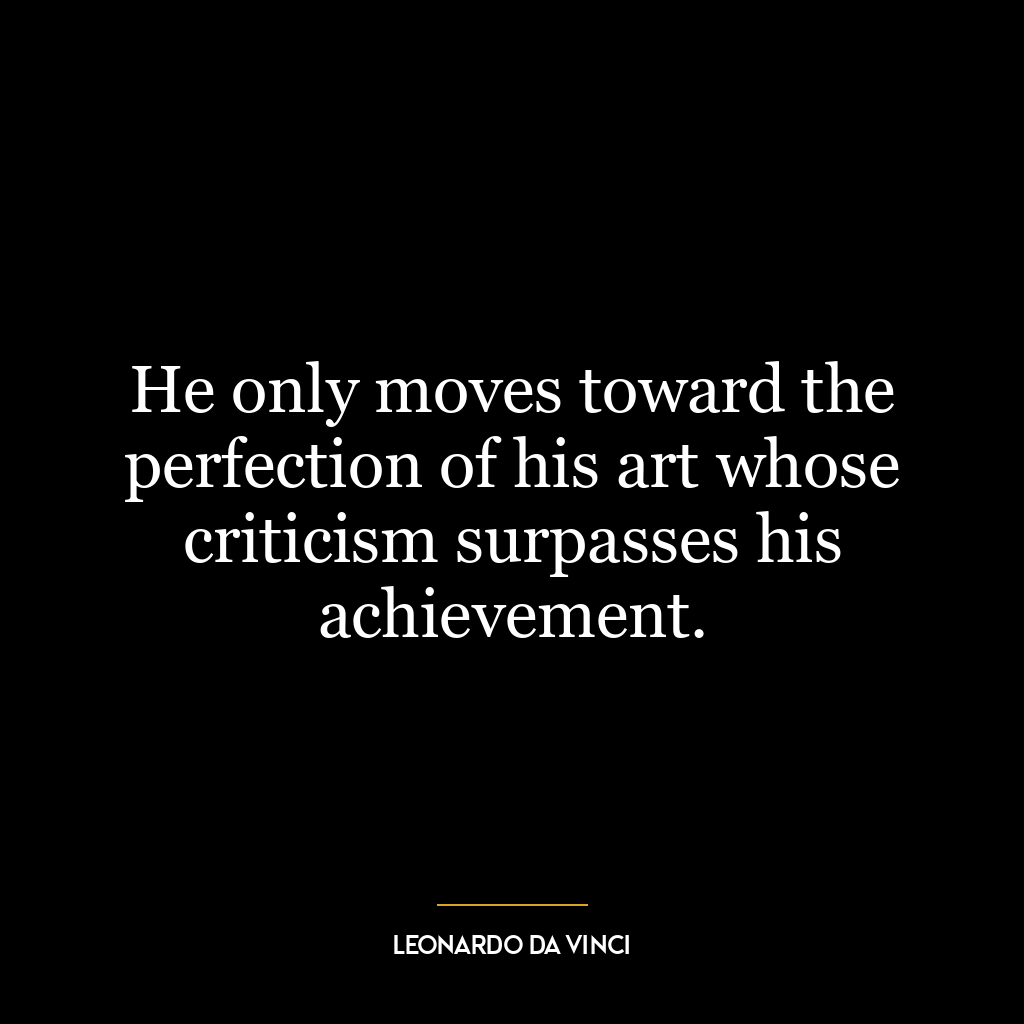This quote implies that the true measure of a project’s completion is not when all tasks are done, but when the original goal or objective has been achieved. It highlights the importance of goal-oriented thinking in any endeavor. The tasks we undertake in a project are simply means to an end, not the end itself. If the end goal is not reached, the project is not truly completed, regardless of how many tasks have been accomplished.
A deeper interpretation might suggest that the process of striving toward an objective is more significant than the objective itself. The journey, fraught with challenges and learning experiences, is where the real value lies. This perspective emphasizes the importance of perseverance, adaptability, and continuous learning in the pursuit of our goals.
In today’s fast-paced world, this quote is particularly relevant. It is easy to get caught up in the completion of tasks without considering whether they’re contributing to our broader objectives. This could be applied to various fields, from business to personal development. For instance, a company might complete all the tasks in a business plan, but if it does not achieve its objective of increasing market share, the project is not truly complete. Similarly, an individual might finish a series of self-help books, but if they do not achieve their personal growth objectives, their project of self-improvement is not complete.
It encourages us to stay focused on our objectives and not get distracted by the completion of tasks that do not contribute to these objectives. It also prompts us to regularly reassess our objectives and the strategies we are using to achieve them, making adjustments as necessary. This ensures that we are always moving toward our goals, making meaningful progress rather than simply ticking off tasks.









